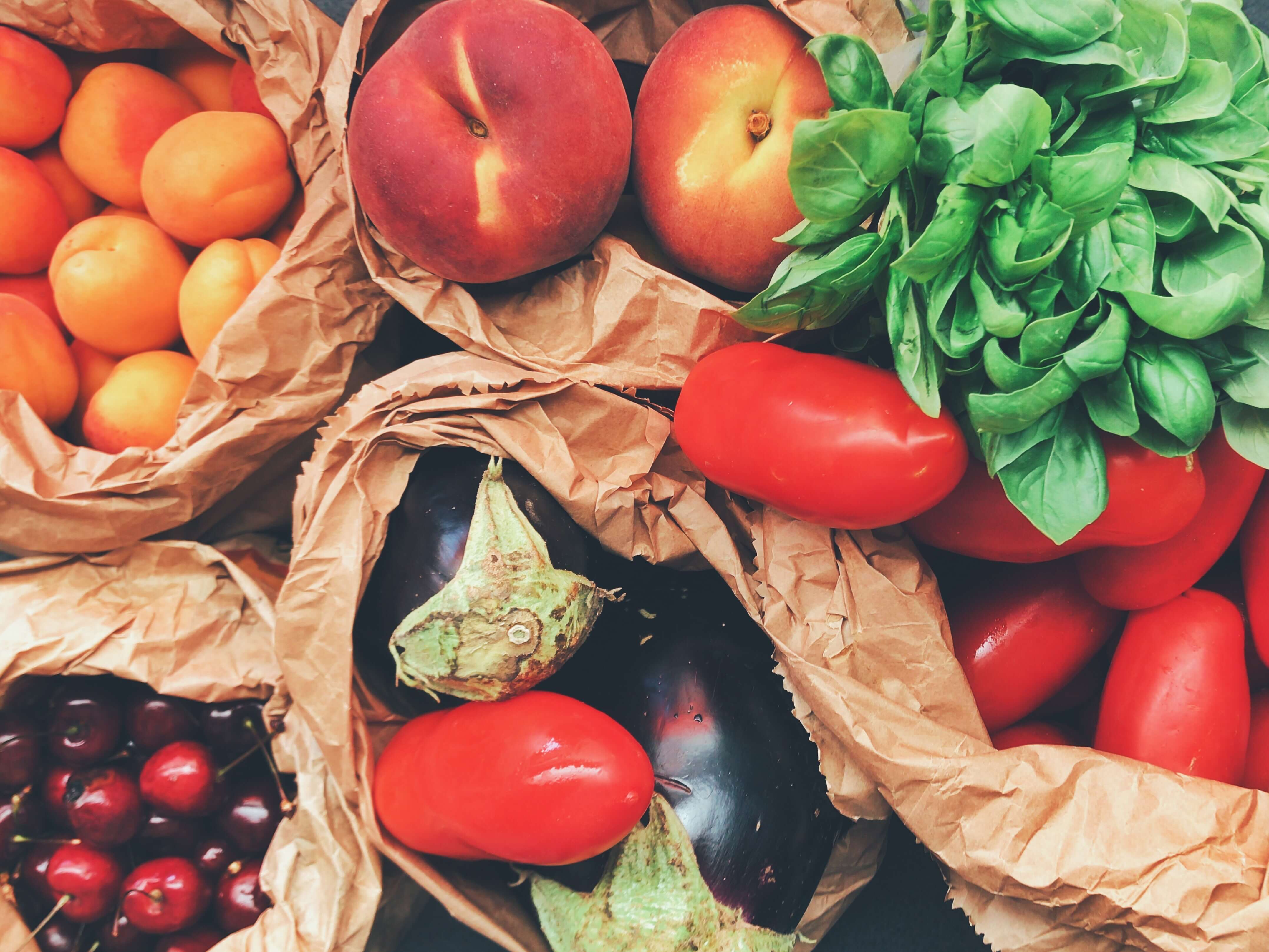
By John Stuart
In an age where people are becoming increasingly healthy and environmentally conscious, organic fruit is growing more popular. After all, there are plenty of benefits of going organic, for both people and the environment.
However, sometimes there is a stigma surrounding organic fruit and vegetables as opposed to those commercially sourced. People seem to think you end up paying more money for something that’s lower quality. Granted, organic fruit and vegetables from supermarkets are usually pricier than their chemically farmed counterparts, but this is because the quality, including the nutritional value and taste, is much higher.
Let GOGO Fruit Basket talk you through why it may be worth splashing out a little extra to go organic.
It’s Healthier
Organic fruit has many health benefits. Chemically grown fruit isn’t necessarily bad for us, it just isn’t as nutritionally beneficial as naturally grown fruit.
Fruit grown naturally can contain a higher volume of minerals, nutrients and vitamins, which are all beneficial to our overall health. It’s also been found that there are 19%-69% more antioxidants in organic fruit than fruit that’s been grown chemically, according to a study led by Professor Carlo Leifert at Newcastle University and published in the
British Journal of Nutrition. Antioxidants can help prevent cancer and heart disease, as well as boost our immune systems.
As well as containing higher nutritional value, organic fruit is also grown without the use of pesticides. These foreign chemicals may ward of insects and bugs; however, as they are harmful to pests, they can also be harmful to fruit, as well as to humans.
Not only do pesticides and herbicides reduce the nutritional value of fruit, but they also contain a substance called organophosphorus, which has been connected to developmental problems in children such as autism and ADHD. In fact, 80% of organophosphorus found in the human body is thought to come from pesticide-coated foods, according to a study reviewed in Medscape.
Organic fruit instead uses manure as a fertilizer, which benefits the fruit and environment without containing anything harmful.
We often hear about genetically modified fruit. This may make fruit look bigger and more appealing; however, there may be side effects and long-term impacts on human health that have yet to be confirmed. Although the benefits of genetically enhanced fruit include being bigger and lasting longer, when tested on animals, genetically modified fruit has been linked to a weakening of the immune system, an increase in birth mortality, higher sensitivity to allergens, as well as sexual dysfunction.
It’s Tastier
Organic fruit is much fresher than chemically grown fruit. Fresher produce is often tastier and more flavorsome than non-organic produce.
One reason for this is because organic gardening concentrates on tending the soil, rather than the plants, fruits and vegetables themselves. This makes sense, because if the soil is healthy, this will pass onto everything which grows in it, eliminating the need for chemical fertilizers. The produce growing from the soil soaks up all of its nutritional goodness.
Quite often organic fruit is grown locally and distributed to shelves quicker than non-organic produce, as it doesn’t contain preservatives to keep it fresher. The higher volume of nutrients also improves the flavor, when compared to frozen, shipped and transported fruits.
It’s not that organic produce tastes better because of any special treatment, it just tastes as it should. Produce grown using chemical fertilizers, however, are grown quicker and have a higher water content compared to vitamins and antioxidants, which provide much of the flavor. This leaves the chemically enhanced produce being less full of flavor than they should be.
Biodiversity & Soil
Organic agriculture produces fruit and vegetables while considering the long-term ecological effects on soil and wildlife.
Pesticides may deter harmful insects and pests; however, not all insects are harmful to fruit. A greater diversity of bugs and organisms means the nutritional value of the soil is higher, which reduces soil erosion and improves its fertility. These pesticides are also harmful to helpful animals like bees, and even small mammals and birds. Many organic farmers encourage smaller animals like birds and bats to naturally help with pest control.
When we use pesticides and harmful chemicals, these spread into our soil and even water sources. These pesticides can harm helpful microbes as well as bad ones, in both plants and soil. These fertilizers can even pass into drains and contaminate water supplies, and can be harmful to small animals like birds, rodents and insects. Healthier soil produces healthier fruit.
Less Energy & Resources Required
Organic fruit also requires less energy and materials to produce as opposed to non-organic gardening.
First of all, compost and manure can be used as a natural fertilizer, meaning no materials are being made especially to grow the fruit. Chemicals and pesticides, on the other hand, require high quantities of fossil fuels to produce.
Organic produce requires up to 50% less energy to produce than non-organic, according to a study published in the Swedish journal, Nature. As most organic produce is produced locally, there is less fuel used to transport the fruit, reducing carbon dioxide emissions.
The benefits of consuming and producing organic fruit for our health and environment are clear. Fruit, which is grown with the assistance of chemical fertilizers and pesticides is still healthy; however, there are still questions over the long-term health effects of chemical fertilizers. Organic produce, on the other hand, is produced using completely natural methods, which helps the fruit, the environment and you.
Organic fruit may be slightly more expensive than chemically enhanced fruit; however, you pay more for a better product, as well as benefit your health and the environment.
Keep up with all of Green Living’s content by visiting our website.
John Stuart works on behalf of GOGO Fruit Basket. The company delivers fruit baskets and other gift sets full of fresh fruit, luxury chocolates, wine and cheese, for a number of occasions.






